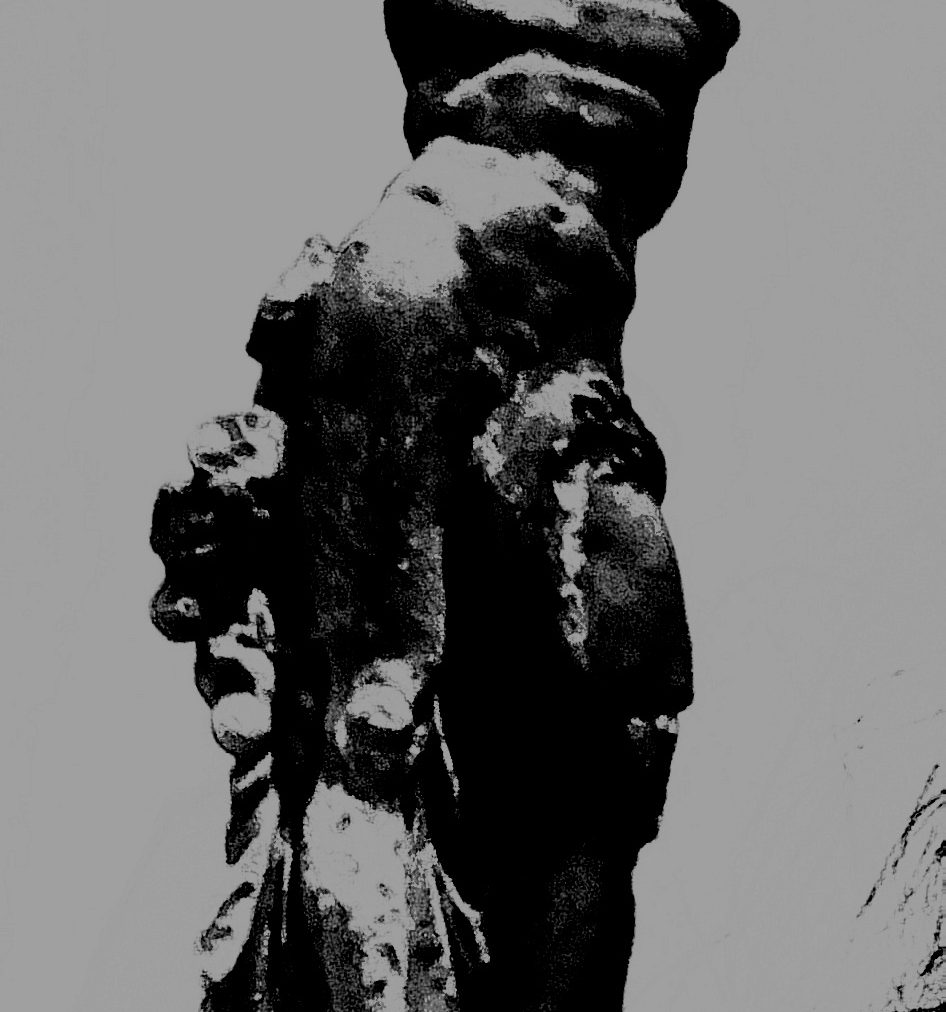Perhaps it is only through the Freudian unconscious, together with Nietzsche’s perspectivism and Marx’s theories, that a disrupting of the dominant, traditional, and oppressive thinking-philosophizing was allowed to occur. But for Sartre, the unconscious is not a disrupting of the traditional or the oppressive, but rather an undoing of our own existence, and therefore, it must be negated, refused, and fought against.
The unconscious, for Sartre, means that there is a part of ourselves that is absent, radically foreign, and perhaps dead to us, that is, a part of ourselves that is not, and does not belong to, ourselves. In Sartre’s philosophy, consciousness is opposed to un-consciousness. This opposition means that consciousness and un-consciousness cannot exist in each other and that they cannot be brought into the same place where one can permeate the other, for the existence of one of them negates and denies the existence of the other.
An implicit equating of un-consciousness with non-existence and un-existence can thus be noticed in Sartre’s refusal of the existence of the unconscious. That is, un-consciousness cannot pervade consciousness and existence, and if this pervading is to occur, existing, which takes place only as consciousness, must stop and disappear.
In Being and Nothingness, Sartre argues against the existence of the unconscious in his discussion of what he calls “bad faith”. He says that one can lie to oneself about oneself whilst being conscious that one is lying to oneself about oneself. That is, unlike the Freudian unconscious, that which moves oneself and renders possible a certain behavior is not necessarily the repressed parts of our psyche or the parts that we endeavor to forget or erase from our consciousness. For Sartre, the notion of “bad faith” shows that our psychic life is controlled by our consciousness, and not our unconsciousness.
Sartre’s refusal of the unconscious is not unexpected or secondary; it belongs to his project in its totality, to what he calls “existentialism”, through which a certain picture of the human being is drawn and approached. When Sartre, for instance, argues that one is responsible for oneself, for one’s existence and life, and for everything that one does, he repeats and confirms his refusal of the Freudian unconscious, for if there existed an unconscious that moves and controls what one does, responsibility would be impossible, or responsibility would belong to the unconscious, and thus the impossibility of responsibility to consciousness.
For more articles on existentialism, read Lev Shestov’s Religious Existentialism and Heidegger: The Death of God, Metaphysics, and Poetry.

